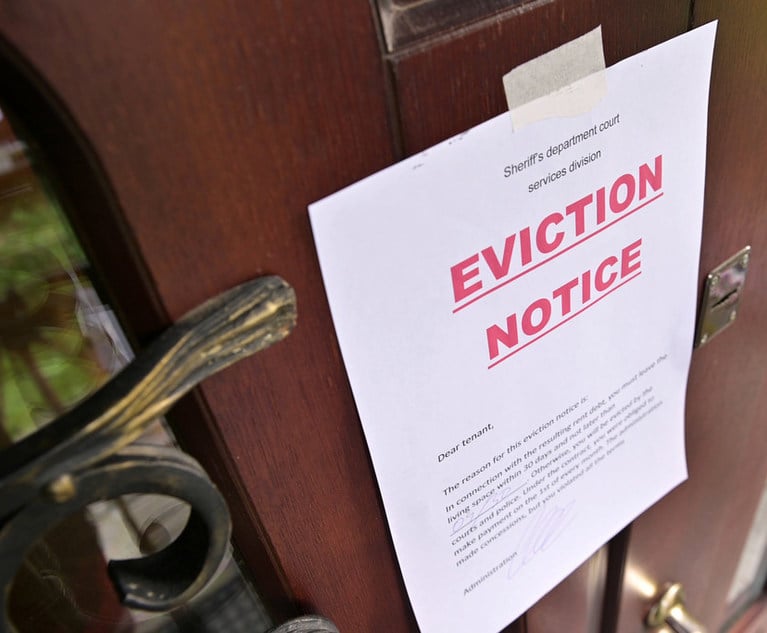When a taxpayer exchanges a Midtown office building for apartment complexes in Williamsburg, or a SoHo retail building for a warehouse in Long Island City, that taxpayer is largely thinking about the real estate traded. However, most exchanges of real estate also involve exchanges of incidental personal property—such certain tenant improvements or lobby furniture—which often has material value. Due to a 2017 change to I.R.C. section 1031, some taxpayers will now owe tax with respect to that exchanged personal property. New proposed regulations and other parts of the 2017 changes to the tax law mitigate the consequences to exchanging taxpayers.
Background
In general, section 1031 permits a taxpayer to exchange (within a prescribed time period) certain qualifying property (“relinquished property”) for certain other qualifying property (“replacement property”) without having to pay current tax on the disposition of the relinquished property. The tax is effectively deferred until the sale of the replacement property, which itself could be exchanged, further deferring the tax.


 Ezra Dyckman and Aaron S. Gaynor
Ezra Dyckman and Aaron S. Gaynor




